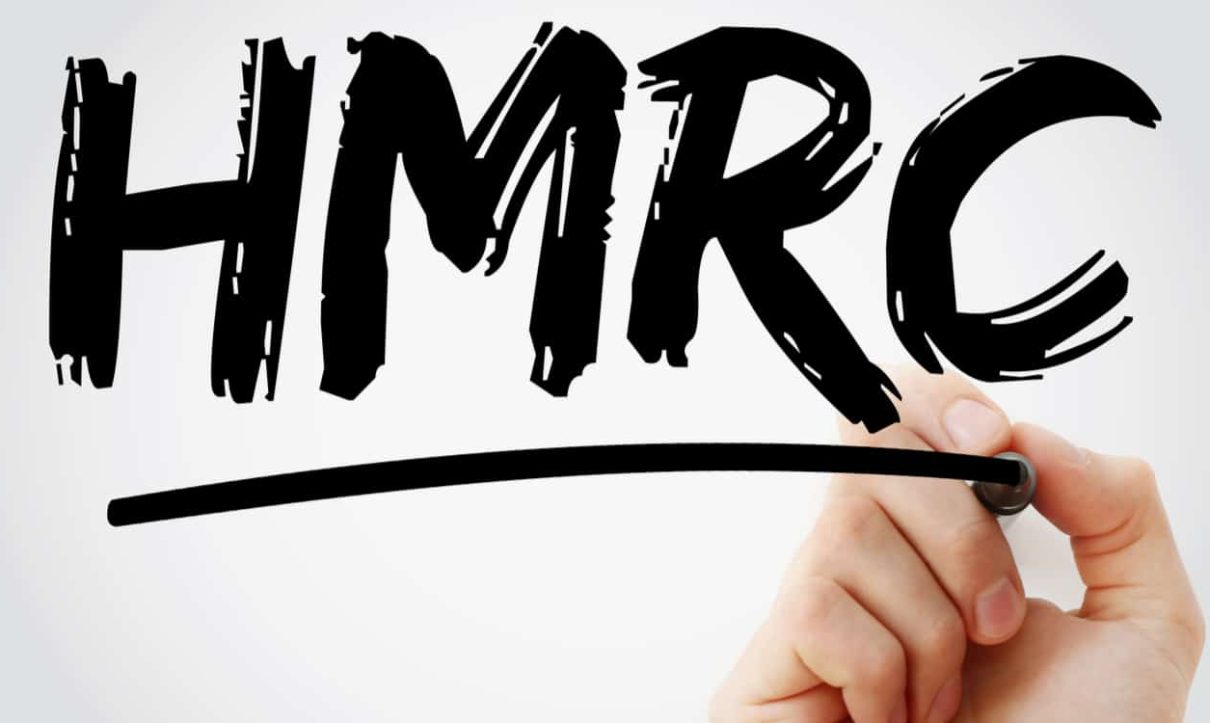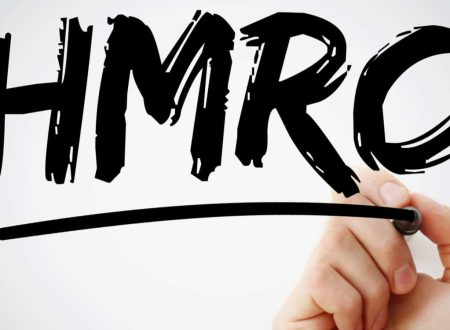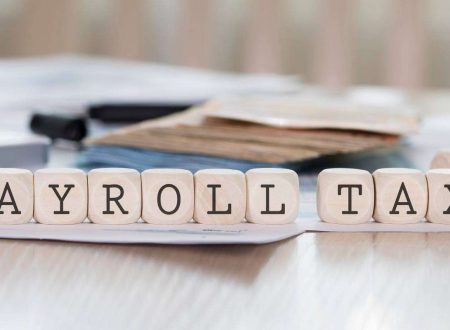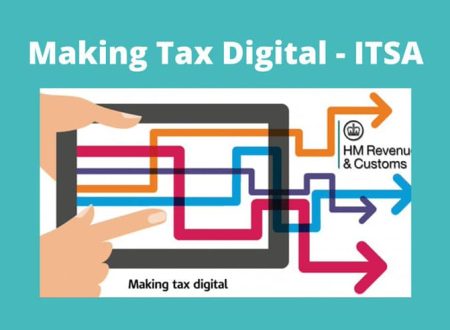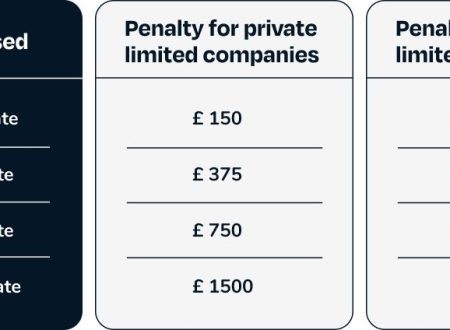If you run a business in the UK — whether as a sole trader, limited company, or freelancer — you are legally required to keep accurate records for HMRC. Good record-keeping not only ensures compliance but also makes your tax returns easier and helps you understand your business performance.
At TT Accountancy Services (TTAS), we often get asked: “What records should I keep for HMRC?” This guide breaks it down for you.
Why Keeping Records Matters
HMRC requires accurate records to:
- Verify the income and expenses you declare
- Ensure you’re paying the correct amount of tax
- Support VAT claims and PAYE submissions
- Provide evidence in case of an enquiry or audit
Failing to keep proper records can lead to penalties, interest charges, and unnecessary stress.
What Records Should Sole Traders Keep?
If you’re a sole trader, you need to keep records of:
- Sales and income (invoices, receipts, bank statements)
- Business expenses (travel, office costs, supplies)
- Mileage and vehicle expenses (if applicable)
- VAT records (if registered)
- PAYE records (if you employ staff)
You must keep records for at least 5 years after the 31 January submission deadline for the relevant tax year.
What Records Should Limited Companies Keep?
Limited companies have stricter requirements. You must keep:
- Company accounts and financial statements
- Receipts and invoices for all income and expenses
- VAT records (if registered)
- PAYE records for employees
- Bank statements and loan agreements
- Board meeting minutes and shareholder decisions
- Details of assets, liabilities, and company ownership
Company records must generally be kept for 6 years.
Digital Record-Keeping and Making Tax Digital (MTD)
HMRC is moving towards digital record-keeping under the Making Tax Digital (MTD) initiative. This means:
- VAT-registered businesses must keep digital records and submit returns via compatible software
- Income Tax Self-Assessment (ITSA) will also fall under MTD rules in the coming years
Popular software like Xero, QuickBooks, and Sage makes digital record-keeping easier and compliant.
Learn more about HMRC’s Making Tax Digital
How Long Should You Keep Records?
- Sole traders/self-employed: 5 years after the Self-Assessment deadline
- Limited companies: 6 years after the end of the financial year (sometimes longer if transactions involve assets, loans, or VAT)
Penalties for Poor Record-Keeping
If HMRC finds that your records are incomplete, inaccurate, or missing, you could face:
- Fines of up to £3,000 for failing to keep proper records
- Additional tax assessments
- Interest charges on late payments
How TT Accountancy Services Can Help
At TTAS, we make record-keeping simple by:
- Setting up cloud accounting systems
- Advising on which records to keep and for how long
- Managing VAT, payroll, and digital submissions
- Preparing accurate accounts and tax returns
Contact TT Accountancy Services today to make HMRC compliance stress-free.
Keeping accurate records is more than just an HMRC requirement — it’s a smart way to stay organised, make informed decisions, and avoid penalties. Whether you’re self-employed or running a limited company, proper record-keeping sets the foundation for financial success.
With TTAS by your side, you’ll always know what records to keep, how long to keep them, and how to stay fully compliant with HMRC.

 ?>
?>